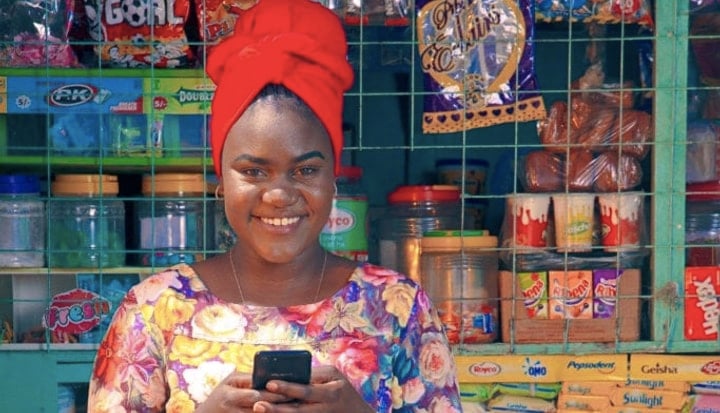In 2018 the Pathways for Prosperity Commission was formed to address a pertinent and increasingly important question: What are the pathways to prosperity for the world’s poor in the coming digital age?
In a global report, the Commission defined five potential pathways for inclusive growth in the digital age as well as a framework to help developing countries chart and navigate their own pathways for prosperity. The Commission approached South Africa to pilot this process and the country became the first to do so, launching the South Africa in the Digital Age (SADA) initiative.
Driving Digital Change
In a critical phase, and while completing its Digital Readiness Assessment, the initiative launched a series of key dialogue workshops in 2019. Their aim was to identify specific economic opportunities and the key actions required to make these opportunities scalable.
With specialised knowledge of the digital sector, particularly within developing countries, Every1Mobile was invited to the initiative’s Digital Access and Inclusion workshop to help address digital infrastructure, ICT usage, affordability, competition and regulatory aspects of digital access in South Africa.
The workshop focused on key drivers of change that have the potential to lead to a universally accessible and inclusive digital economy. The workshop also addressed mechanisms and strategies that can assist and protect South Africans who will not be able to access digital economic opportunities over the coming years.
Data Costs As A Barrier To Digital Access
Every1Mobile’s Business Development Director, Soraiya Verjee, joined a panel of representatives from key government institutions and industry associations to contribute towards the initiative’s strategy primer.
The panel explored ways of making the internet more available, increasing network connectivity and coverage across the country and reviewing how education and digital skills can support job creation and entrepreneurship. However, it soon became clear that data costs need to be addressed to achieve any kind of digital access and should be a primary focus for enabling inclusivity.
During deliberations, Verjee shared the following unique insights to help formulate a strategy that is truly inclusive and considerate of the digitally and economically disenfranchised.
A Need For Affordable Data
According to recent studies, South African data prices are not the highest within the Southern African Development Community (SADC). However, users of the most popular providers, Vodacom and MTN, still pay a steep price – even when compared to peer countries with a similar mobile landscape. Data prices, whilst influenced by a multitude of factors, should be affordable and delivered at “price points that reflect the level of income across a national population.”
While “South African telecommunications companies concede that data prices can go down further,” Verjee noted that data costs aren’t going to change any time soon. She stated that we need to make sure we are designing our digital platforms to take data costs and poor bandwidth into account.
Every1Mobile designs digital solutions to save users data while making little to no compromise in terms of the experience or access to information. This requires a conscious effort to optimise content for mobile and compress multimedia to the smallest possible size.
The platform’s “Low Data” mode allows users to reduce their data consumption even further by compressing or replacing images with text and/or hyperlinks. Javascript (which is costly when it comes to data) is disabled and replaced with low fidelity HTML and CSS, essentially sacrificing the pretty for the practical and saving up to 50% on data costs!
Leave No-one Behind
While a recent survey suggests that more than half of South Africans report owning a smartphone, many still use feature phones and these users should not be left behind.
Every1Mobile’s approach to development is inclusive and aims to deliver the same level of access to information whether the users own a feature phone or a smartphone. This ensures that no one is denied access to information and education based on their access to technology.
Furthermore, Every1Mobile is able to implement accessibility features that can accommodate the needs of those who are visually impaired as well as those who fall on the autism spectrum. This is enhanced with efforts to improve digital literacy – educating mobile users on how to navigate their accessibility settings covering vision, hearing, dexterity and interaction.
According to the South African Human Rights Commission, “People with disabilities continue to lack access to adequate health and basic education and are at risk of economic isolation with no prospect of securing employment.”
Digital technology presents a unique opportunity to include people with disabilities in the economy and set them up for success.
Inclusivity Means Designing For Everyone
To be truly effective in the adoption of digital technology and facilitating inclusivity, any content must be consumable not just in terms of length but also in terms of relevance and language. Using localisation to speak to all South Africa’s citizens, across cultures and languages, is key to success.
Using a human-centred design approach as part of any strategy is crucial to successful inclusion in the digital age. The alternative is “building” something no one will use.
“We need to engage people in the way they want and on the device they already own,” says Verjee. This is the only way to ensure meaningful interactions, engagement and, ultimately, meaningful change.










